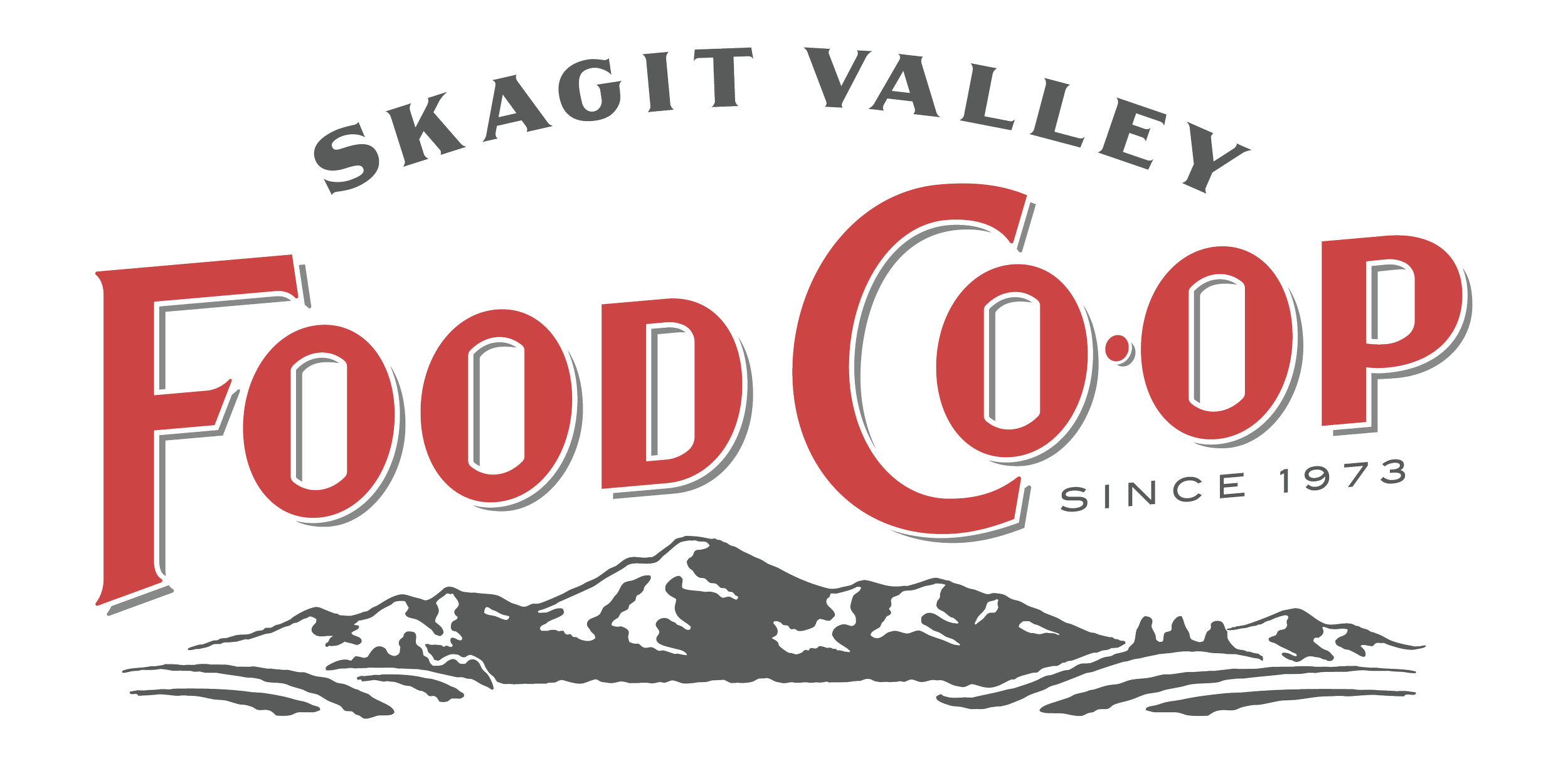Water Your Brain & Feed It, Too
How's your brain performing? How about your memory? Did you remember that June was Alzheimer's & Brain Health Awareness month? Since the brain is 73% water, it takes just 2% dehydration to reduce cognitive performance and memory. Remember, hydration is not just about water; electrolyte minerals are equally important. Water goes, and stays, where the minerals are.
Here are some of my top hydration tips: plant water bottles at all locations you spend time as a visual reminder.
Another good reminder is when you pee: water out, water in. So, keep a bottle in the bathroom. Remember it takes the body 20 minutes to assimilate 8 ounces; more water than this in a shorter time does not hydrate. I have patients who don't like to drink water and say, “Oh, alright, I'll take my quart and get it over with.” Sorry, it doesn't work that way. Use the sprinkler not the fire hydrant.
When it comes to feeding your brain, blue-purple is brainpower’s favorite color!
Blueberries improve cognitive performance within just a few hours of eating them! Their most profound & protective effect, however, is imparted over time.
Other purple and blue foods contain brain specific phytonutrient anthocyanins: plums, blackberries, figs, eggplant, cabbage.
There are even more brain-friendly foods including raw nuts and seeds; the walnut-brain look-a-like is no mistake. The omega-3 oils in nuts and fatty fish build healthy brain cell membranes and have anti-inflammatory properties.If you’re looking for a superfood for your brain, lecithin granules or liquid facilitates neurotransmission between synapses. These occur naturally in egg yolks, soy beans, and sunflower seeds.
Herbs and supplements are also a powerful way to fuel your brain. Here’s a great list to get you started:
Gingko improves circulation in micro blood vessels in the brain and other extremities. Plus, its bilobalide antioxidant content is neuroprotective.
Turmeric increases the brain hormone BDNF, which protects and improves the function, strength, and growth of neurons.
Ginseng keeps the brain young along with aiding memory, mood, and behavior. Compound K & ginsenosides protect the brain against oxidative; aging damage caused by free radicals.
Gotu Kola improves mental clarity and has neuro protective effects.
Custom Herbal Brain Tonic Blends combine many of the herbs above for a more concentrated approach.
Phosphatidyl Choline facilitates neurotransmitter transmission between the synapses of our neurons. Without PC, communication between nerves, muscles, glands, and other organs is disrupted.
DHA (docosahexaenoic acid) is an essential omega-3 concentrated in brain and neurological tissue.
B12: I have seen more than a few cases of depression turn out to be a simple case of B12 deficiency. Proper assessment testing is important.
Magnesium threonate and bisglycinate have neuromuscular calming properties.
Phosphatidylserine can serve as an antidepressant.
Curcumin is turmeric on steroids! Some types are more mood and brain specific.
Vitamin D, last but not least, can help regulate mood and stimulate the creation of memories.
Karl Mincin is a Functional Medicine Nutritionist in practice for 36 years. 360.336.2616 | Nutrition-Testing.com | Instagram @MincinNutritionist | Facebook @NutritionTesting1
